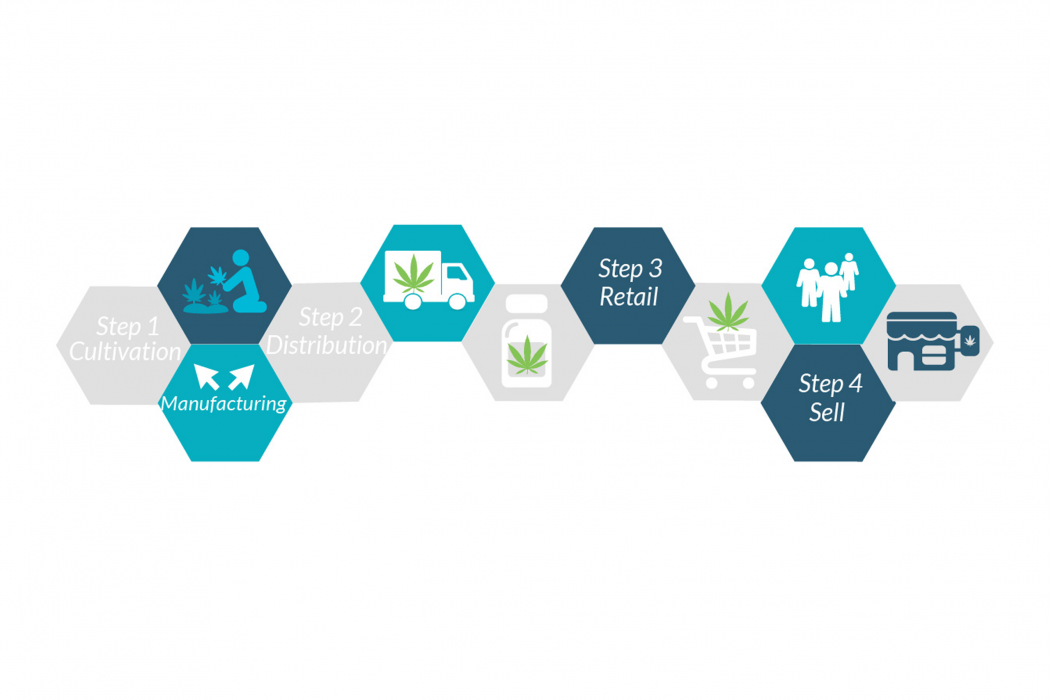3 Ways Bare-Minimum Tracking Can Hurt Your Business

In November 2019, NYPD officers from the 75th precinct posed with 106 pounds of confiscated marijuana they claimed was destined for the New York City streets. The confiscated bags were actually legal hemp headed for a CBD shop in Brooklyn. The police staged the seizure as a massive drug bust and arrested the shop owner’s brother for drug trafficking.
That messy ordeal was eventually sorted out (the shipment was proven to be certified below the legal THC limit). But this hemp operation’s story is a cautionary tale that illustrates something critical for the cannabis industry: that end-to-end compliance (i.e., compliance that goes beyond bare-minimum tracking) is more important than ever. Here’s what failing to cover all of your bases could result in.
1. Unnecessary costs that don’t move the business forward
Profit margins for many hemp and CBD cultivators are thin as it is. Not only can improper and bare-minimum tracking lead to a host of compliance issues, but the cost to rectify them will likely stretch your margins even thinner. Considering that retaining a cannabis lawyer can cost thousands of dollars, you’re better off upgrading your tracking — and investing that money in developing new business opportunities.
2. Focusing on defensive firefighting rather than innovating
Time is any entrepreneur’s most valuable resource, so any type of liability you expose your business to is going to drain you of time you can’t afford to waste. In a rapidly-evolving industry, it’s important for cannabis entrepreneurs to focus their effort on innovation and supporting their customers — not navigating legal issues.
3. A tarnished brand image
The hemp and CBD market is still an emerging enterprise, and businesses that focus on growing their brand will have an advantage in the coming years. Growers who only do bare-minimum tracking put their brand at risk if problems wreak havoc throughout the supply chain.
Partners may become disgruntled and customers weary if your business continually suffers compliance and tracking issues.
From bare-minimum to enhanced tracking
The seed-to-sale process for cannabis has a complex life: From seedling to harvest, processing, packaging, distribution, and point of sale, there are many steps in the journey that open you and your business partners to liability.
According to Krissy Loken, Account Executive at KLER:
“Many hemp and CBD businesses are learning that basic compliance doesn’t always cut it from a liability perspective. Logistic companies like Fide Freight require much more than Certificates of Authorization (COAs) to ship product, for example. This heightened accountability is putting pressure on businesses to adapt, and fast.”
Along with COAs, Fide Freight requires “agricultural, processing and distributor licenses along with whatever hemp licenses shipping and receiving parties may operate under,” according to an article on Hemp Today.
Don’t let bare-minimum tracking put your business in jeopardy.
KLER helps businesses achieve a “compliance-plus state”, including full supply chain visibility and track and trace resources to monitor multiple COAs, bills of lading, and a chain of custody for all your products.
Loken adds, “What stands out about the KLER platform is the ability to compile all that data and more into one simple document to send with your shipment.” If you’d like to see how KLER can help your business go from bare-minimum to enhanced tracking, click here to explore the solution and request a demo.




